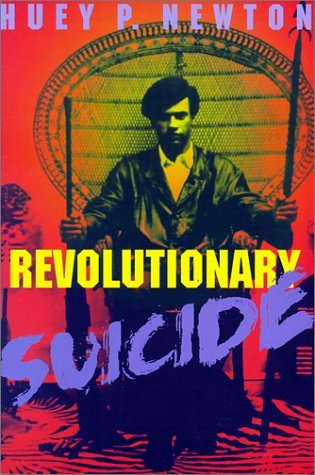What do you think?
Rate this book


332 pages, Paperback
First published January 1, 1973
All power comes from the people, and all power must ultimately be vested in them. Anything else is theft.Although they began a free breakfast program, they are remembered more for carrying guns and fighting back against the white police who terrorized the Black community. While the local police harassed and killed members of the party and the FBI’s Counter Intelligence Program (COINTELPRO) program pitted them against each other, it was the party’s internal power struggles that brought the Black Panthers down in 1976.
For my mother and father, who have given me strengthHuey’s father was a proud Black man (born from the rape of a white man committed on a Black woman) who never let whites cross him, but he was worn down by endless work to pay endless bills. Newton saw the man he loved beaten by the world and vowed revenge.
and made me unafraid of death and therefore unafraid of life
By surrendering my life to the revolution,Revolutionary Suicide is quick, fluid and elegant. Newton made his life into a myth in order to transform the reader into a revolutionary. The martyr’s discourse transforms. It shifts the referential duties of words; it unlocks blindness, opens the world within the world.
I found eternal life.
Revolutionary Suicide.